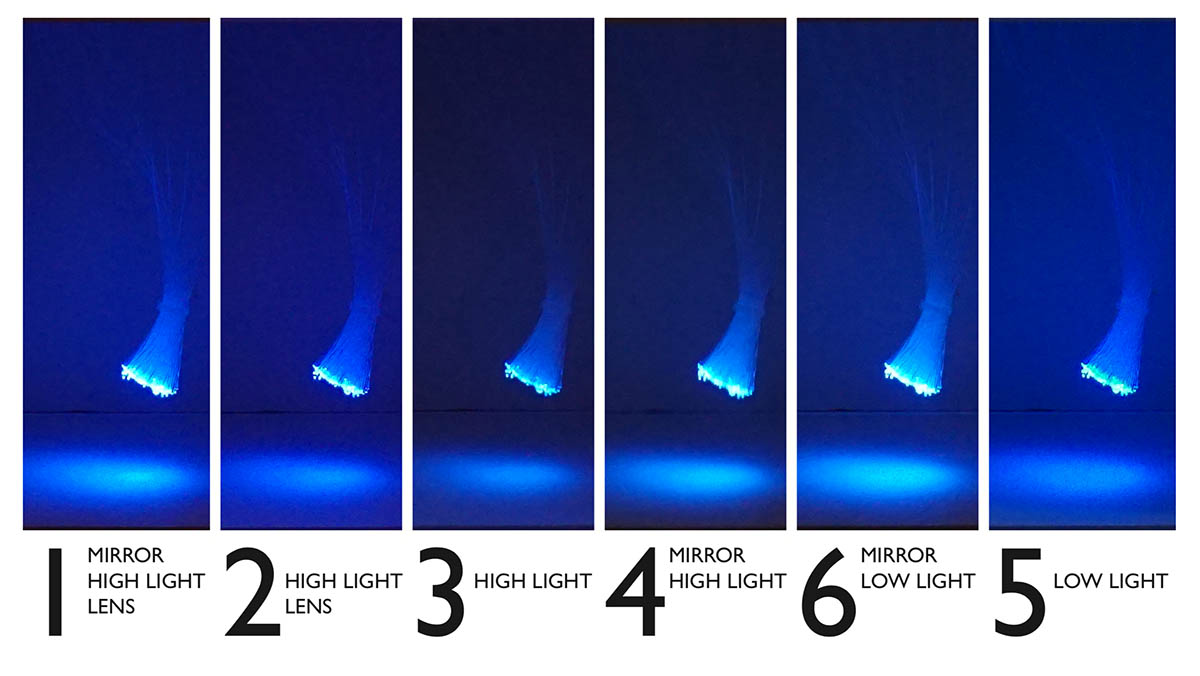Nano Micro Macro: Adaptive Material Laboratory (with SEAS)
In recent years, materials scientists have radically extended the arena for inventing new technology, by discovering how to manipulate matter starting from atoms and molecules. Try apprehending the size of a nanometer, a billion times smaller than a meter, which is like comparing a grapefruit to the earth.
This course brings together scientists, engineers, and designers to think across scales, learn about each others' working methods, and respond to challenges in the real-world by designing new materials or applying them in new areas. It is co-taught by faculty from the GSD and SEAS and co-listed between the two schools. There are no prerequisites.
In addition to adaptive materials, the 2017 edition of this course focuses on designing hybrid and meta-materials. Adaptive materials change in response to their environment. Hybrid materials are geometric or chemical combinations of different materials. Meta-materials are made of repetitive geometric elements that are sized to directly influence a particular phenomenon. In all three cases, the idea is to create extraordinary properties. Co-instructor Prof. Joanna Aizenberg (SEAS, Wyss) and contributors Katia Bertoldi (SEAS) and James Weaver (Wyss) are pioneers in adaptive-, hybrid-, and meta-materials, while co-instructor Salmaan Craig (GSD) develops hybrid- and meta-materials for the thermoregulation of buildings.
As in previous years, the course will be an intense, interdisciplinary, hands-on experience for students from both schools, reconciling knowledge from materials science, architecture, design, and engineering. A sequence of lectures and workshops provide a framework for students to develop a project in groups over the course of the semester. Scientists from the Wyss and SEAS offer access to exciting new material technologies alongside hands-on, practical advice on designing experiments and prototypes. Students conduct part of their work in the Wyss or SEAS science labs on Oxford Street, as well as at the GSD FabLab. They build prototypes that translate small-scale material behavior to large-scale performance in the built environment.
Jointly Offered Course: SEAS ES291
Note! This course starts on Wednesday, September 6th. There will be no class meeting on August 30th due to a conflict of class schedules between SEAS and GSD on that day.
Projects
-

Living Lighting
Fall 2017